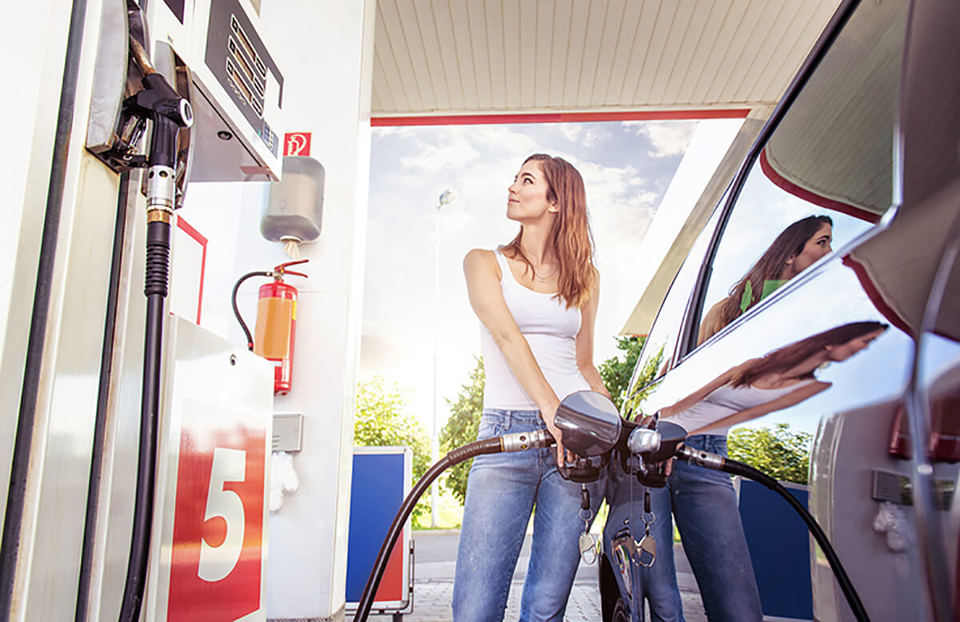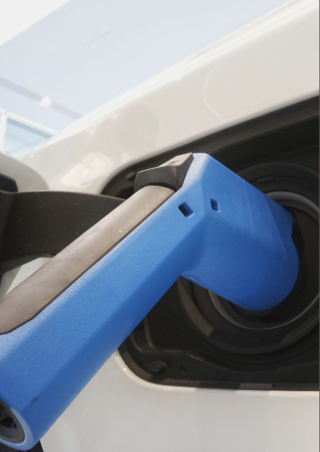The EU and Germany have reached an agreement that will allow some internal combustion engine (ICE) cars to be sold beyond 2035.
A landmark vote had been delayed on the phase-out of petrol and diesel cars in the bloc, largely due to intervention from Germany’s coalition government.
However, in the UK, the Government is sticking with its ban on the sale of new ICE cars and vans from 2030, ruling out “expensive” e-fuels as an alternative.
Supporters of carbon-neutral synthetic fuels or e-fuels in Germany, coalition members the Free Democrats (FDP) had called for new ICE vehicles running on these to be exempt from the proposed ban.
Poland, Italy, the Czech Republic and Bulgaria have also voiced opposition to the ban, while Austrian chancellor Karl Nehammer welcomed FDP’s stance, saying he would also oppose banning ICE vehicles.
However, Frans Timmermans, head of EU climate policy, said on Twitter that a deal had been struck with Germany on the future use of e-fuels in cars.
Reaching an agreement on Friday (March 24), German transport minister Volker Wissing tweeted: “Vehicles with internal combustion engines can still be newly registered after 2035 if they fill up exclusively with CO2-neutral fuels.”
The deal with Germany does not change the text of the regulation that was agreed between representatives of member states and the European Parliament last year.
After ministers sign off on it, the commission will provide more details on the next steps to implement the provision on e-fuels.
The vote is now expected to take place tomorrow (Tuesday, March 28).
Under the deal, the Commission will first designate a new vehicle category for cars running exclusively on e-fuels, then present a delegated act allowing these vehicles to count towards the EU car CO2 targets.
Julia Poliscanova, senior director for vehicles and emobility at Transport and Environment said: “Europe needs to move forward and give clarity to its automotive industry which is in a race with the US and China.
“E-fuels are an expensive and massively inefficient diversion from the transformation to electric facing Europe’s carmakers. For the sake of Europe’s climate credibility, the 2035 zero-emissions cars deal needs to enter law without any further delay.”
Net Zero Watch, however, has welcomed the EU agreement not to ban the sale of ICE cars after 2035.
It is calling on the UK Prime Minister, Rishi Sunak, to follow suit and abandon the UK's 2030 ban of the sale of ICE cars.
"Now that the European ban of the sale of combustion engine cars has been overturned, the government will come under growing pressure to follow suit if it wants to avoid destroying the British car industry for good," said Dr Benny Peiser, director of Net Zero Watch.
The UK announced its ban on the sale of new petrol and diesel cars and vans from 2030, three years ago.
The sale of hybrid cars and vans that can drive a significant distance with no carbon coming out of the tailpipe will continue to be sold until 2035.
Fleet operators from the UK believe certain key commercial vehicles may require exemptions from the ICE ban, but there are currently no plans to change the deadlines previously agreed here.























Login to comment
Comments
No comments have been made yet.